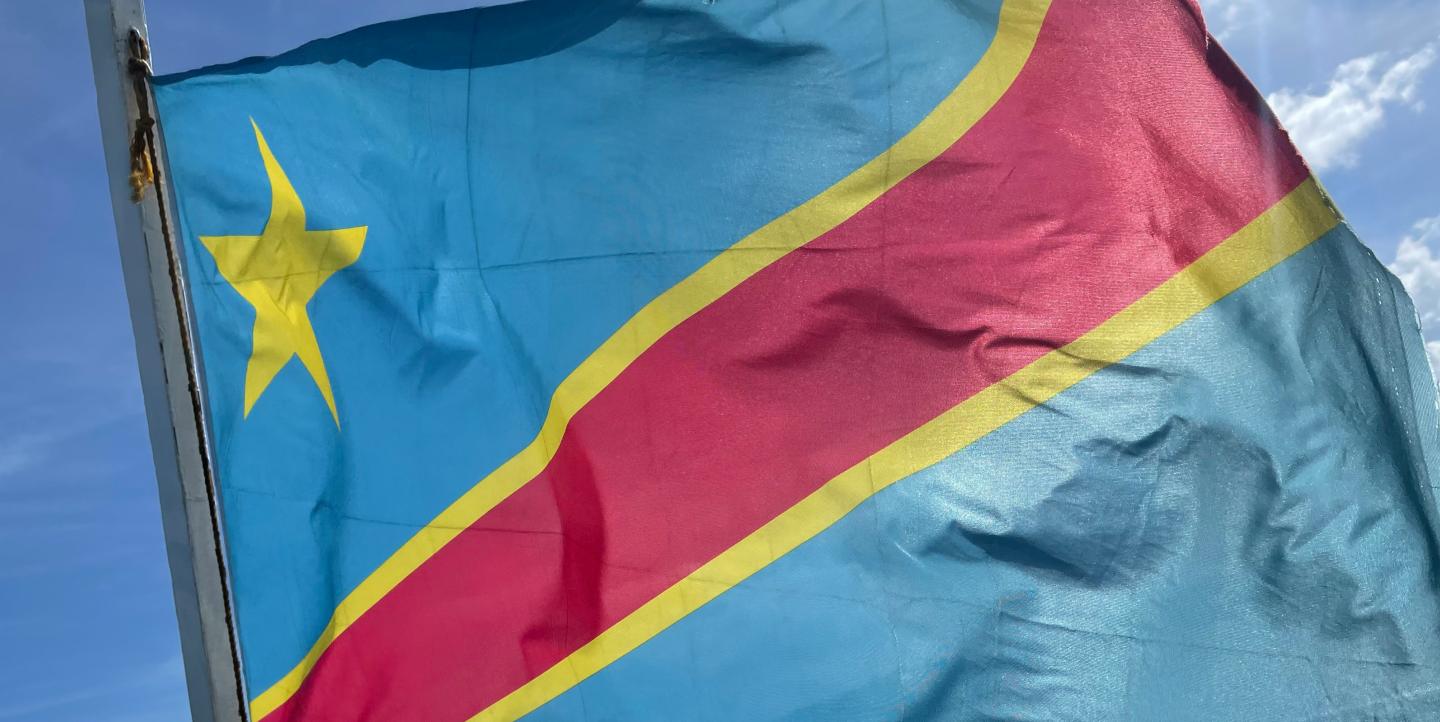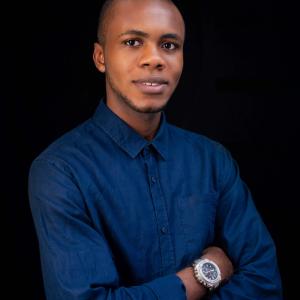When journalist Philip Mayifilua* discussed press freedom challenges in the Democratic Republic of Congo (DRC) with colleagues on a popular radio show in early February, he never expected it could lead to being arrested.
Shortly after the show — during which Mayifilua condemned the frequent harassment of journalists — he said a friend notified him that the Higher Council for Audiovisual and Communication (CSAC), the country’s media regulatory body, had accused him of working in the interests of the Tutsi-led March 23 Movement, better known as M23, and threatened to detain him.
Backed by Rwanda, the M23 is one of more than 100 armed rebel groups fighting DRC forces in the eastern part of the country. Former members of the political armed militia, National Congress for the Defence of the People (CNDP), created the group in 2012, to protect the minority Tutsi population.
“I knew [the radio show] can cause me problems but not to the point of being arrested,” said Mayifilua. “I was afraid.” On his friend’s advice, he fled to Uganda the next morning. It’s not the first time he has come under threat: Mayifilua has been arrested and left the country multiple times due to his reporting.
Mayifilua’s experience came just weeks after the CSAC condemned three French media outlets — RFI, France 24 and TV5Monde — of biased reporting on the conflict, and several days after the M23 rebels took control of Goma, eastern DRC’s largest city, on January 27. The U.N. estimates that at least 2,900 people have been killed and 500,000 people displaced since the M23’s seizure of Goma.
Congolese journalists covering the conflict have been caught in the crosshairs and are overwhelmed by fear. They’ve been arrested, threatened and, according to Mayifilua, over 40 journalists have fled the country.
Hostile actors
Both the government and the M23 rebels have impeded on journalists’ press freedoms. The government has barred journalists from spreading information connected to the M23 rebels, and the rebel group has harassed journalists caught disseminating information that in their view favors the government and its army. Some news outlets have shut down altogether, and in January the CSAC suspended Al Jazeera.
Government soldiers and M23 rebels alike have also looted radio stations. The M23’s support from Rwanda presents yet another unfriendly actor for journalists, too.
On February 14, freelance journalist Dame Tuluka*, left Goma, accompanying her cousin who needed medical treatment, on a bus to Burundi via Rwanda. Customs agents at the Rwandan border took Tuluka’s identity card and passport, and arrested her when they realized she was a journalist, accusing her of working as a spy for the Democratic Forces for the Liberation of Rwanda, another militant group.
“They kept traumatizing me by saying that I was an infiltrator. They told me twice that they would kill me if I didn't tell the truth,” said Tuluka. “They took some pictures of me, scanned the messages on my phone, and told me that I remain under their surveillance [and] that my movements will be controlled by their service.”
She was released after being detained for five hours. “I am not psychologically stable,” she said. “I feel traumatized after [the Rwandan customs agents] sent my information to their control systems. I think at any moment they can come and get me because one of them said he had sent my contact details and my conversations to the head of the M23.”
Self-censorship and financial stress
Journalists in the DRC have avoided covering sensitive topics, such as soldiers’ inhumane activities, to avoid arrest. For instance, several cases of sexual violence and theft linked to the Wazalendo militia group who fought the M23 rebels alongside the Congolese military, went unreported, said Mayifilua.
“You cannot talk about it in local media [otherwise] these militiamen will come and kill you,” he said. “Government soldiers loot every time they lose a village. But if you denounce these acts, the authorities will arrest you.”
Journalists, as a result, have cut back on their work, which also has made it difficult for them to support their families.
“I have not worked since the rebels entered the city of Goma. I have no money. I live thanks to debts incurred,” said Tuluka, a single mother of two daughters. “We are currently living in a very stressful period.
Supporting Congolese journalists
That Congolese journalists are caught in the middle between hostile actors is the primary challenge they face today, said Gilbert Bukeyeneza, the founder of the Ukweli Coalition, which supports cross-border investigative journalism in East Africa.
“The editorial independence of journalists is at risk because both the government and rebels want journalists to align with their narratives,” Bukeyeneza said. “They want journalists to become their communication tool and channel.”
In these circumstances, Bukeyeneza urged journalists to prioritize safety. “I cannot lie to journalists in that context to be brave because they can be arrested,” Bukeyeneza continued.
One way media organizations can support Congolese journalists trapped in the deadly conflict is by promoting cross-border reporting efforts. Already, the Ukweli Coalition is collaborating with journalists in this way; some of the investigations, including on the conflict’s impact on food security, will be published soon, said Bukeyeneza.
These cross-border projects aren’t without challenges, chief of which is bringing journalists from the DRC, Burundi, and Rwanda — three countries directly involved in the conflict — together.
“A story on M23 won’t work because there are different opinions on that issue [and] journalists from countries involved in the conflict might not trust each other,” said Bukeyeneza. He suggested bringing journalists in from Kenya, Uganda and Tanzania.
Mayifilua is back in the DRC after staying in Uganda for 11 days. He and Tuluka remain committed to changing society through impactful journalism.
“We must fight for a free press. It is a perpetual battle, and I am not ready to stop,” said Mayifilua. “I will continue to tell the truth, whatever the risks.”
*Names changed for their safety.
Photo by Job Bunana on Unsplash.


